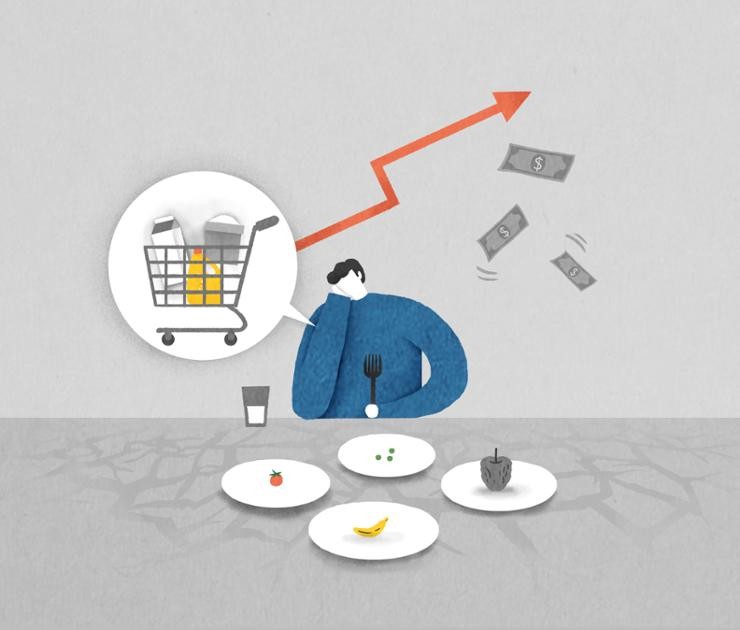
Korea: Prices of foods, daily necessities surge amid high oil price
Latest
 |
| Prices daily necessities in Korea surge amid high oil price. (Source: Korea Times) |
The tendency is likely to continue due to elevating oil prices amid fears of wider conflicts in the Middle East, coupled with the Korean currency sinking to nearly 1,400 won against the dollar. Sharp increases in import prices of raw materials and oil push up the costs of final goods and shipping.
Businesses are making a collective rush to hike the prices of goods now that the April 10 general elections have ended, after having refrained from raising the prices in response to a government request to stop or delay such hikes.
Fried chicken and fast food franchises, for example, were among the first to hike prices.
Goobne Chicken recently raised the prices of nine menu items by up to 1,900 won each on April 15. Popeyes, a fast food franchise, hiked its menu prices by up to 4 percent, adding that items on delivery will be charged up to 5 percent higher.
Lotte Wellfood, a local confectionery, decided to raise the prices of chocolate products by 12 percent on May 1. It said the price hike is needed due to high prices of cocoa beans, the main ingredient of chocolate.
Korea Agro-Fisheries Trade Corp. said the per-kilogram price of cabbage came to 20,520 won, Thursday, tripling from 8,224 won last month. Behind the spike was reduced production volume brought on by harsh weather conditions including heavy rain and lack of sunlight, it said.
Other vegetables such as onions and peppers — common ingredients of popular foods — doubled in price in the same period.
The country’s four convenience store operators said they are planning to raise the prices of sanitary pads and processed eggs starting May 1.
“Prices of foods will continue to jump in the months to come,” said Jung Kyu-chul, senior fellow at Korea Development Institute.
Korea’s headline inflation inched up to 3.1 percent in both February and March, snapping months of below-3 percent movements. The figures for April are expected to climb significantly.
Park Sang-hyun, an economist at Hi Investment & Securities, pointed out that the Korean won has weakened more than any other major currencies against the dollar. "The Korean won plunged steeper than other currencies because the country's economic structure is the most vulnerable to energy prices such as oil."
Jung said, “Businesses will raise prices to offset increases in production costs, a major cause of concern for consumers still reeling from sustained elevated borrowing costs for the past few post-pandemic years.”

























